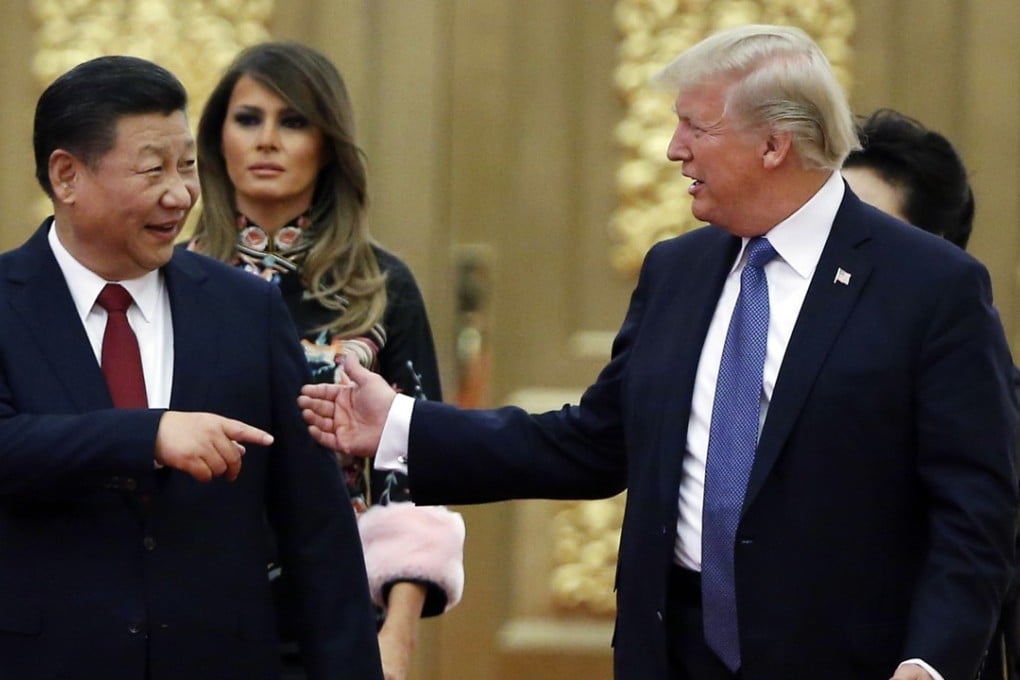Advertisement
Opinion | Donald Trump’s strategy was never about alienating the world – it was always about containing China
Josef Gregory Mahoney says that with the unveiling of the Indo-Pacific Economic Vision, the apparent resolution of the trade dispute with the EU and the cosying up to Russia, it is now clear that the US president has been working towards a strategy of turning other countries against Beijing
Reading Time:4 minutes
Why you can trust SCMP
71

With the announcement of a US-led “Indo-Pacific Economic Vision” to counter China’s Belt and Road Initiative, on top of reports that the European Union and the United States have agreed to avert a trade war and work together instead to discipline China, the foreign policy of Donald Trump appears to be coming into focus: repositioning to contain China economically and diplomatically.
Advertisement
Just a week ago it seemed Trump’s foreign policies, while detrimental to China, would create opportunities for Beijing to improve relations with others feeling Washington’s ire. Trump’s excoriations of Nato and abandonment of the Paris climate accord and Trans-Pacific Partnership pointed towards isolationism, opening the possibility of a new world order.
But Trump’s approach now appears to be re-establishing American hegemony over Europe, with European promises to improve trade, spend more on defence and move against China as early victories.
These developments run in tandem with Trump’s outreach to Russia and North Korea, the former pressuring Europe and both pressuring Beijing.
While the US appears to have yielded the South China Sea to China for the moment, an effective grand strategy may revitalise the Indo-Pacific scheme of drawing Japan, India and Australia into a China-containment alliance, especially when coupled with the Indo-Pacific Economic Vision.
Watch: US Secretary of State faces tough questions on Russia and North Korea

Advertisement
